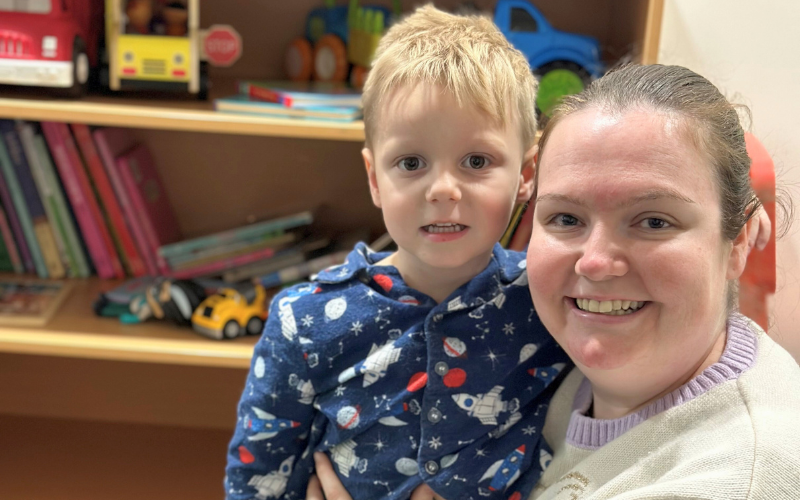
In September 2024, the Western Australian Epithelial Research Program (WAERP) reached a significant milestone by recruiting its 400th participant. As a cornerstone of more than 25 respiratory studies, the program has been instrumental in driving advancements in the understanding and treatment of various respiratory conditions.
The WAERP biobank collects and stores respiratory epithelial cells from the upper and lower airways (nose and trachea) of Western Australian children and adults undergoing elective surgeries unrelated to respiratory issues. These airway cells, the body's first line of defence against respiratory threats like viruses, bacteria, and pollutants, are invaluable for researchers studying various lung diseases.
Since its establishment in 2016, the biobank has supported national and international studies, with research ranging from cystic fibrosis and asthma to the long-term effects of premature birth and environmental factors.
The program, operated by researchers at the Wal-yan Respiratory Research Centre – a powerhouse partnership between The Kids Research Institute Australia, Perth Children’s Hospital Foundation and Perth Children’s Hospital - collaborates with research teams in Queensland, South Australia, France, and the USA.
The Hounslow family, who joined on the day of the 400th milestone, represent the community's vital role in this initiative.
WAERP Study Recruitment Officer Amy Greenly highlighted the importance of their contribution.
When people take part in this program, the whole community benefits, bringing new hope for people with respiratory conditions through the research that is able to take place.
Ms Greenly expressed gratitude to Tommy and Tegan Hounslow (pictured) and all participants, noting the potential for future generations to benefit from the research.
"It’s amazing to think that future generations, potentially even the participant’s children or grandchildren, may benefit from their choice to take part.”
The WAERP program continues to play a pivotal role in respiratory research, paving the way for better treatments and understanding of chronic respiratory diseases.
Find out more about the Western Australian Epithelial Research Program here
Learn how you can be involved with The Kids Research Institute Australia here
